If Everybody Did
28 August 2018 | Inside Angama | Tyler Davis
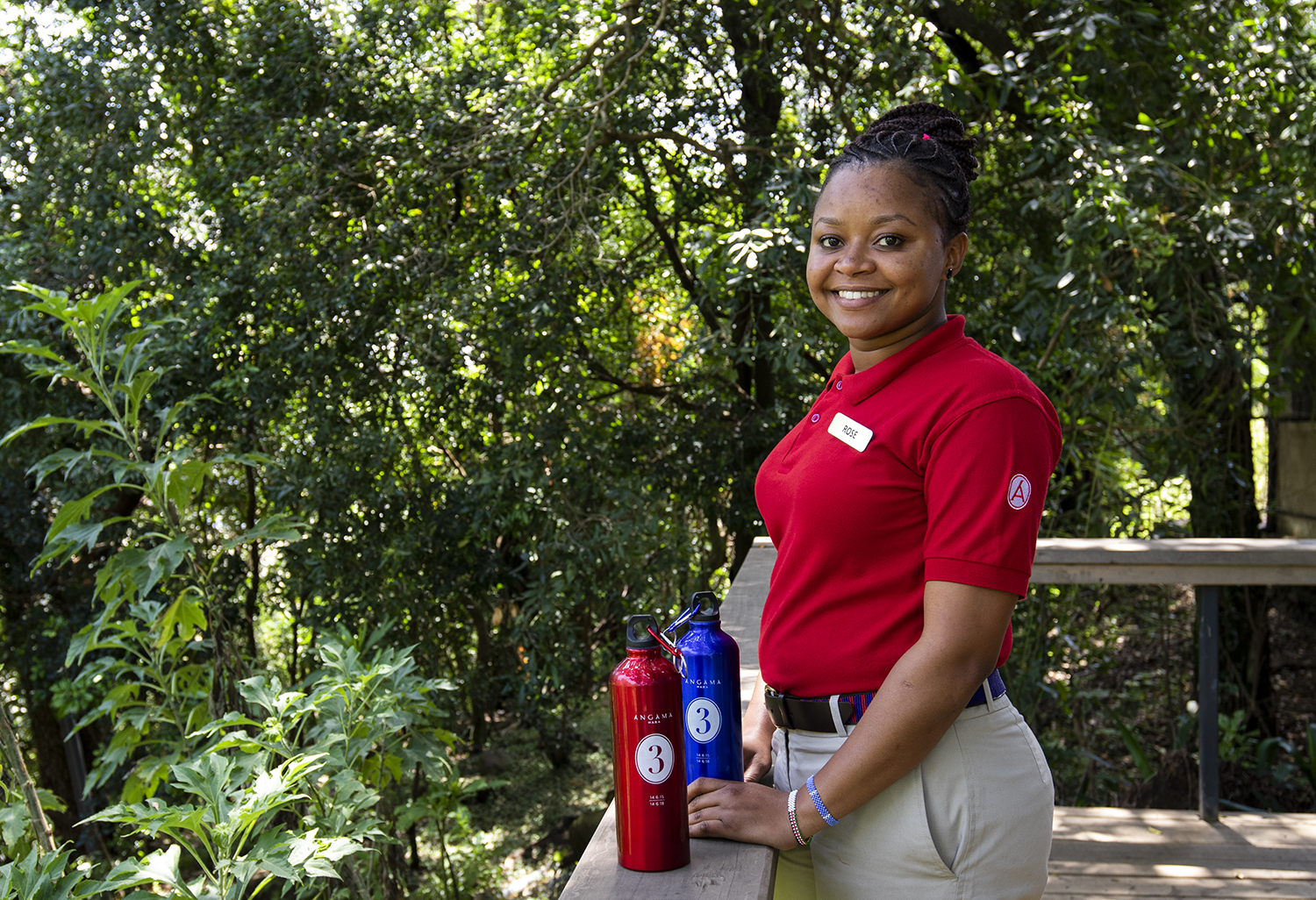
One of my favorite books as a child was Jo Ann Stover’s “If Everybody Did,” a fun and silly story with an important underlying message centered on the theme of the tragedy of the commons. What if everybody picked a flower? What if everybody dropped their cup and left it on the floor? Conversely, what if everyone was respectful of everyone else?
Such an important message, and even as a 5-year-old, it wasn’t lost on me.
We’ve all seen the images circulating social media, seemingly more now than ever before: one week it’s a towering landfill spilling over into the surrounding countryside, the next week it’s an adorable seahorse riding a Q-tip on the ocean currents, the next some hapless animal dead with a bellyful of litter. All tragedies of the commons.
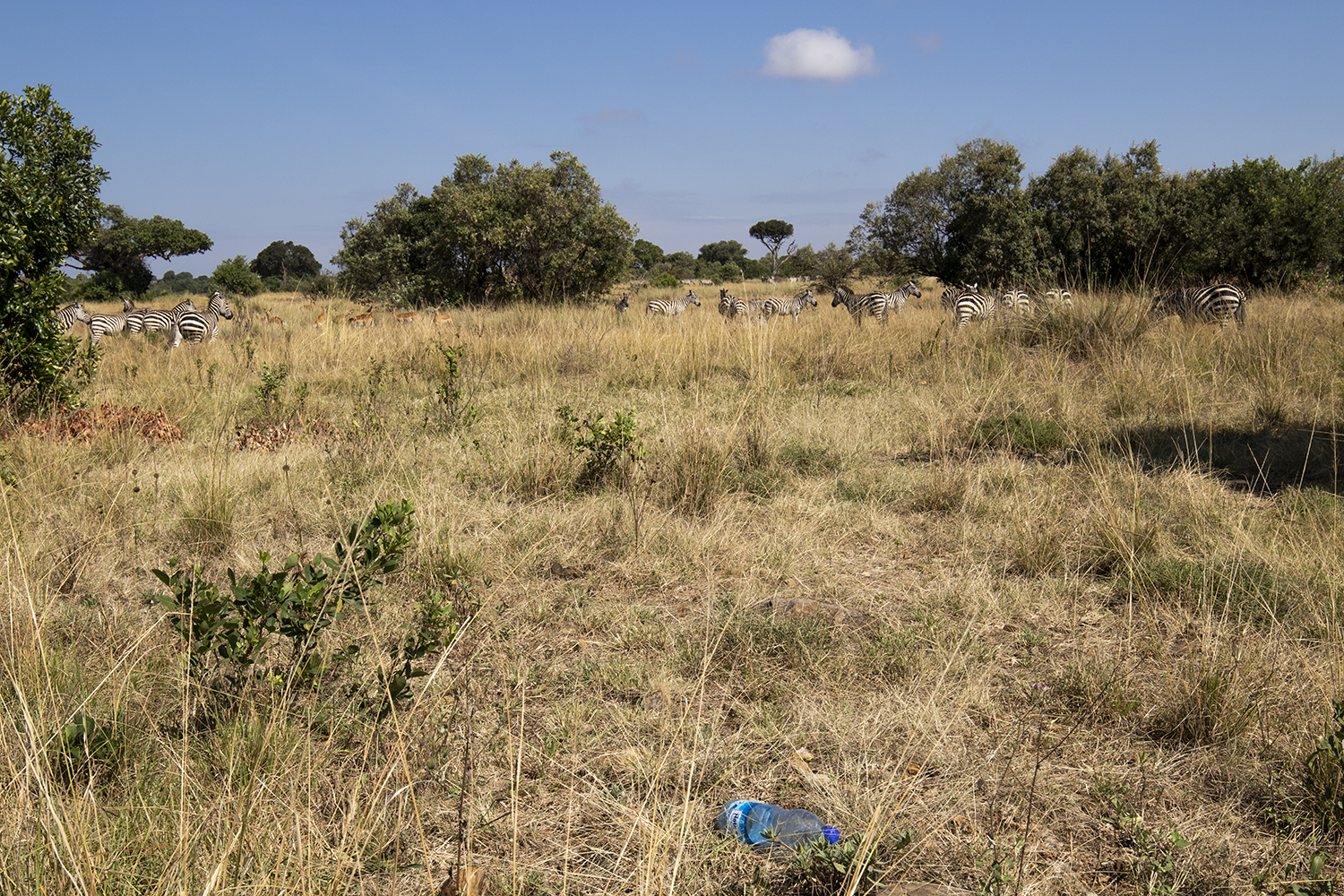
The message of these images is clear and indisputable: disposable plastic in nature is a monumental problem with grave consequences. Without a conscientious universal effort, the problem will only get worse.
Exactly one year ago, Kenya joined the global struggle to reduce plastic waste ending up in the environment by adding its name to a short list of countries that have outlawed the use and distribution of plastic shopping bags.
While not all the kinks have yet been worked out of such an enormous amendment in federal law, the change has nonetheless been noticeable, and there are far fewer plastic shopping bags scattered and fluttering about, from rural villages to Nairobi.
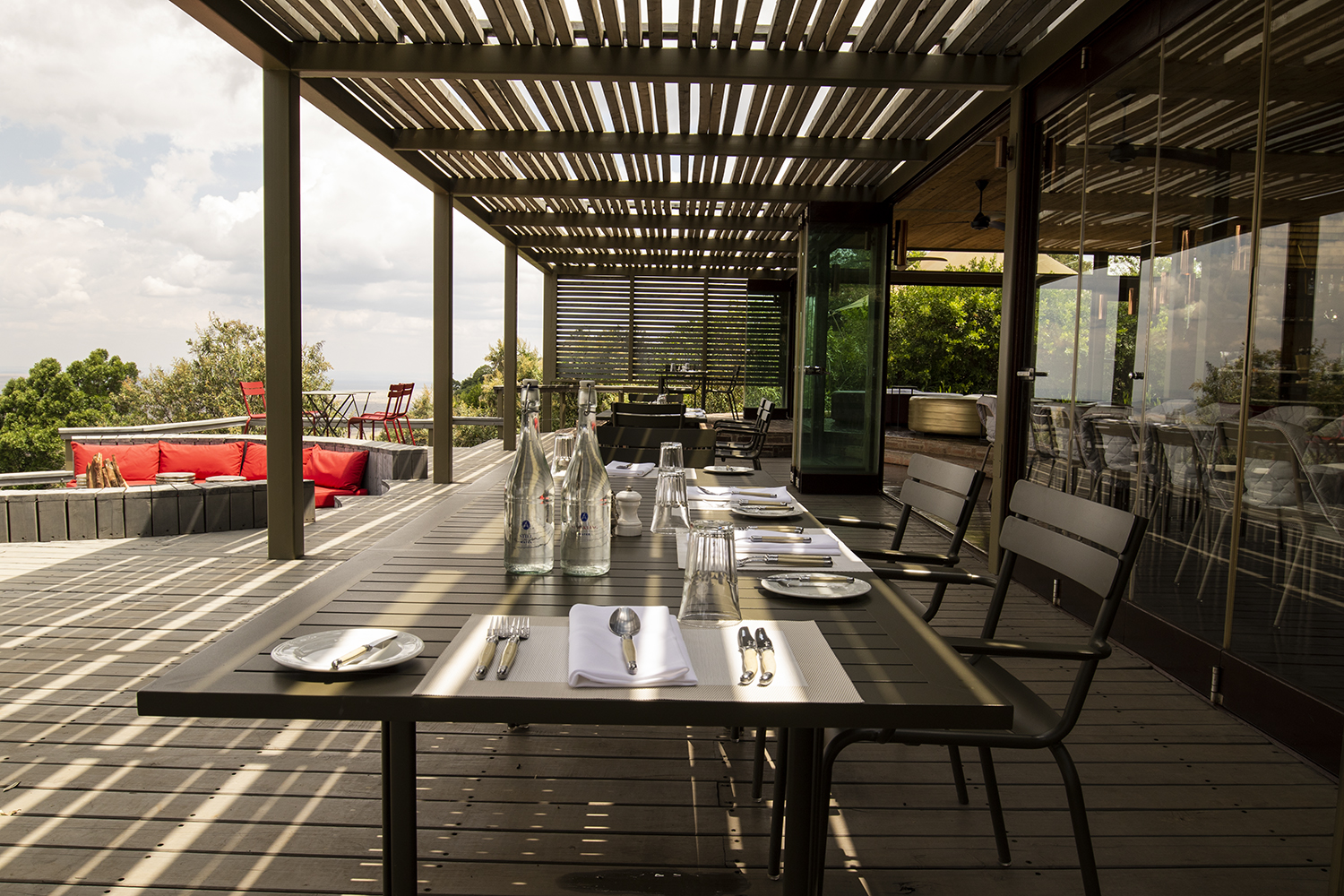
At Angama, we have made a concerted effort to minimise our use of single-use plastics since the first day we opened over three years ago. One of our larger up-front investments was to install a water bottling plant, where water purer than that found in commercial plastic bottles comes out of one of three taps – cold still, room temp still, and sparkling – into reusable glass bottles which are cleaned in an industrial washer. We have prevented the waste of approximately 75,000 plastic water bottles over the last three-plus years, saving us roughly $30,000.
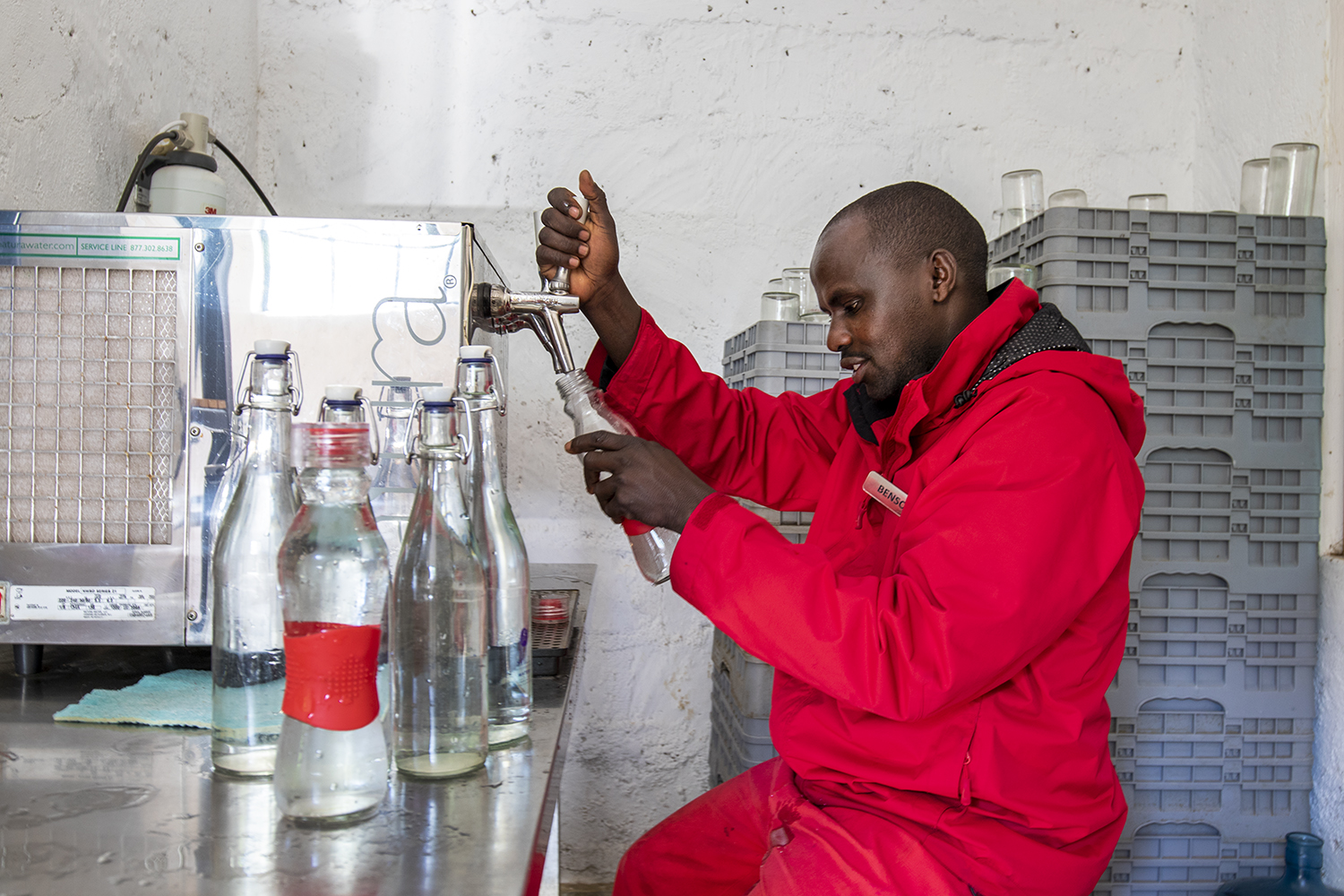
For the lodge’s 3rd anniversary in June, we gifted all our staff with aluminum water bottles to spread these efforts beyond Angama. But because plastic water bottles seem to be an inevitability (including finding them on the side of the road in the park, which are always dutifully picked up by our guides), we have found a use for them rather than throwing them away: create EcoBricks.
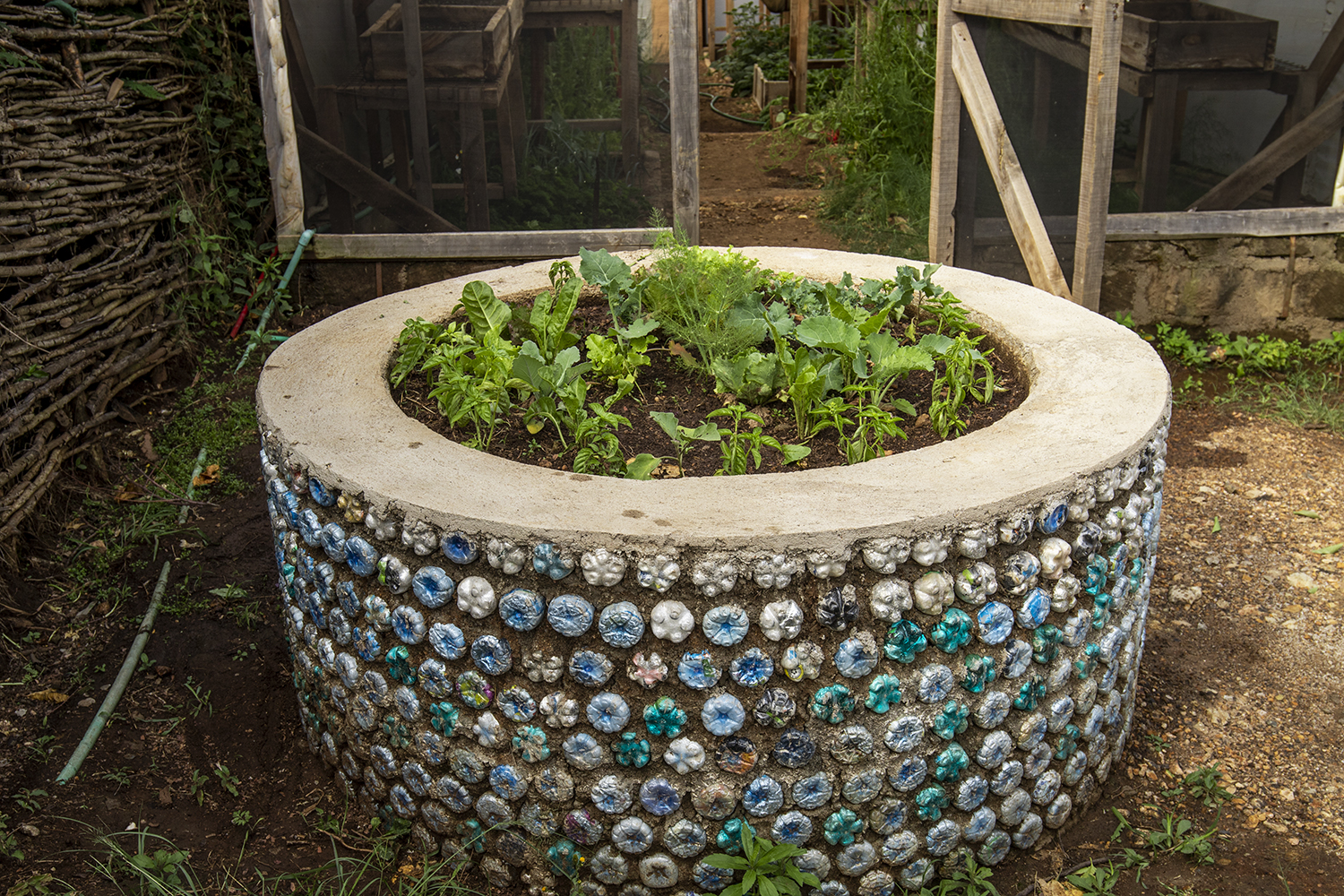
EcoBricks were introduced to us by shamba architect and green thumb extraordinaire, Ian Dommisse. An EcoBrick is a simple item: a plastic water bottle jampacked with other single-use materials to create a rock-hard building block which we then use to build raised beds in the Shamba. At Angama Mara, our EcoBrick champion is Alex Amoyo, a member of our housekeeping team, who has made nearly 400 EcoBricks to date. Alex’s bricks have devoured about 100 bags of garbage. Speaking of which, our garbage bags are reusable canvas.
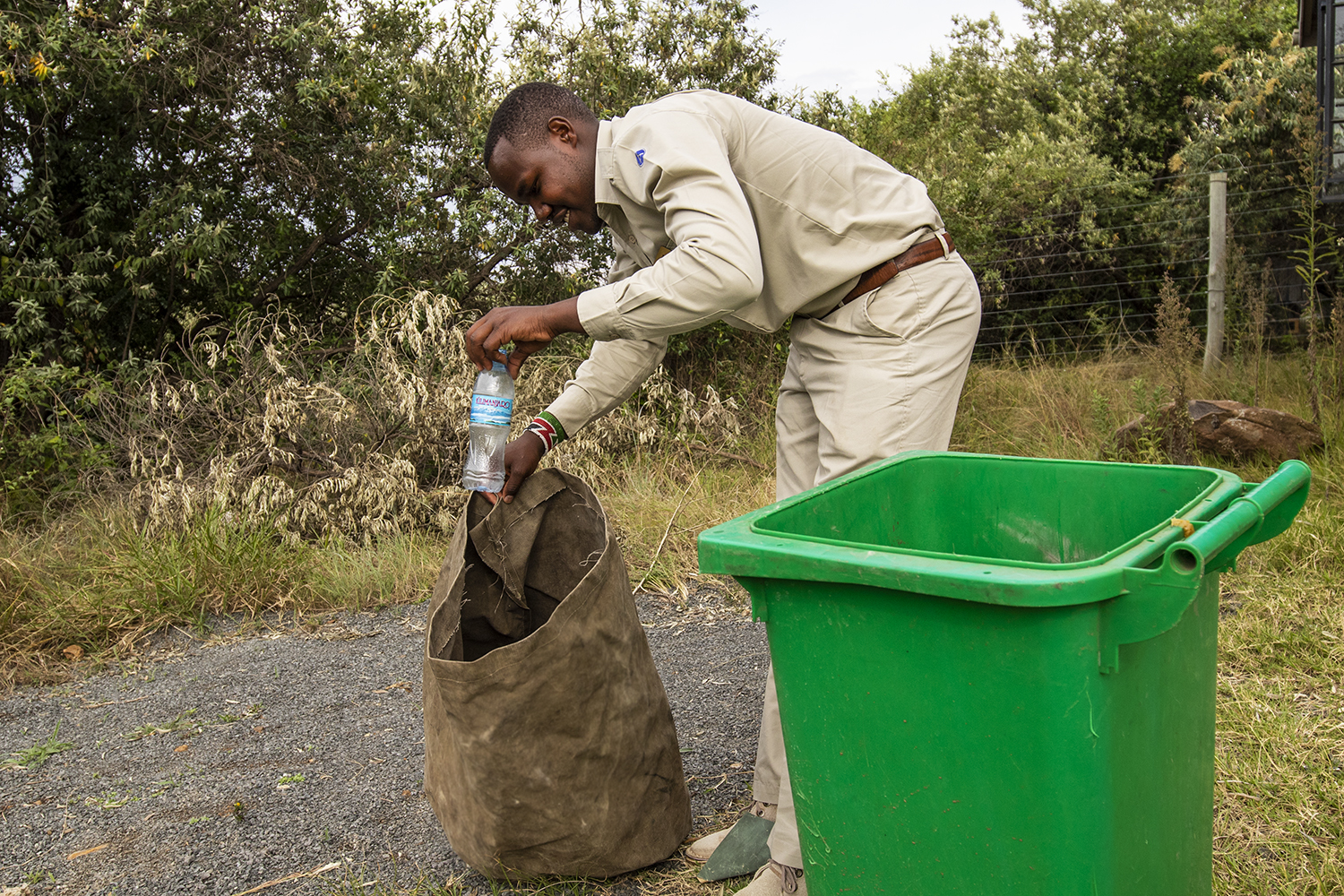
To completely resist the use of single-use materials is all but impossible, as anyone who has made the attempt can attest. Even some of our friends in Nairobi, who are among the most committed plastic-deniers I have ever met, can’t avoid it completely. At the lodge, for instance, we still have trouble getting away from using cling wrap in the kitchen (although we use a lot less now than we did three years ago), and the plastic that comes with some of the products we get from Nairobi is inescapable.
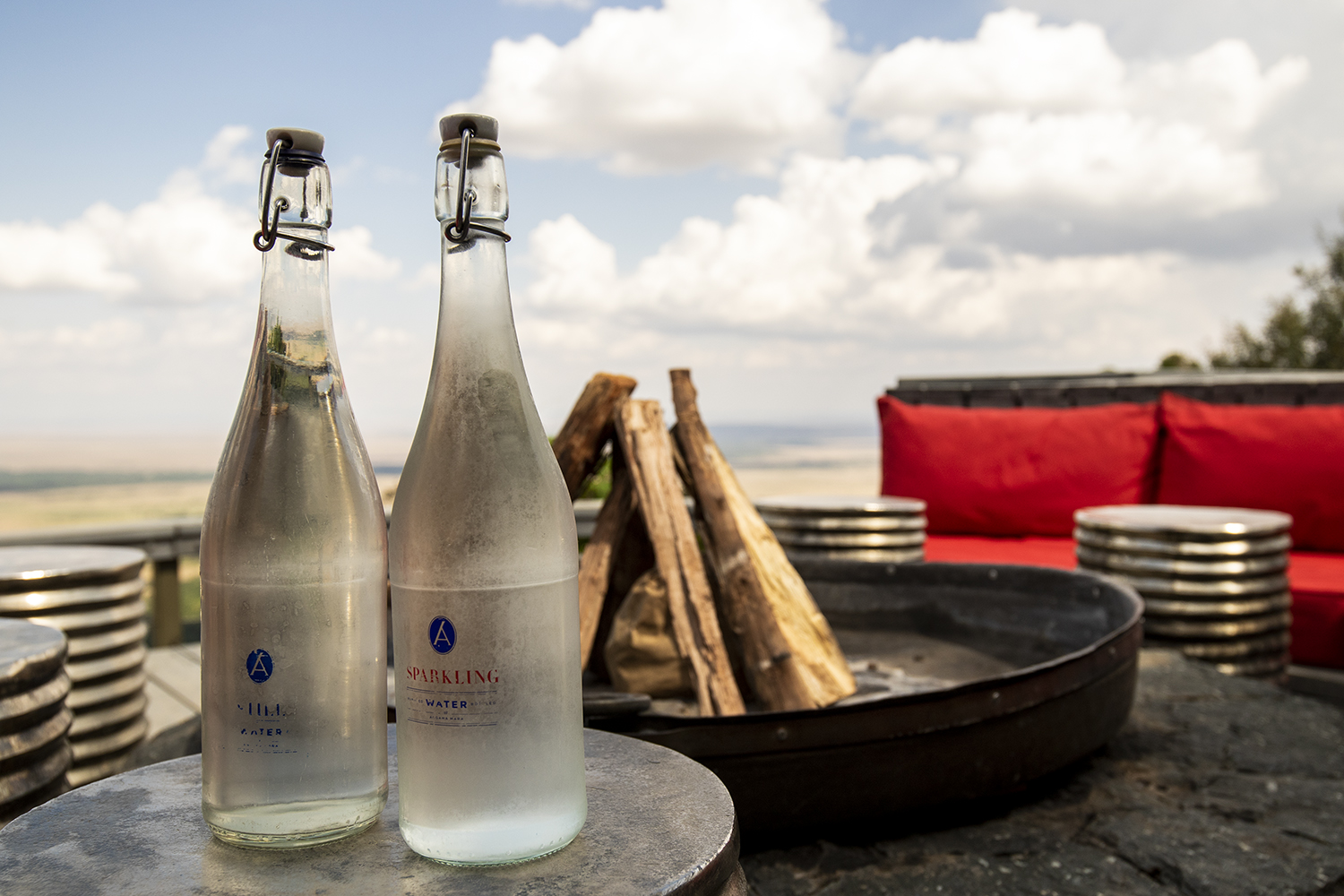
But we are committed to making every effort to always look for ways to improve. How can we proactively minimize our dependency on something so detrimental to the environment, especially as it is becoming less and less necessary? How can we challenge the status quo and put pressure on producers, manufacturers, and distributors to be more responsible? What can we do in our daily lives to reduce, reuse, and recycle? Together, there’s no doubt we can make a difference.
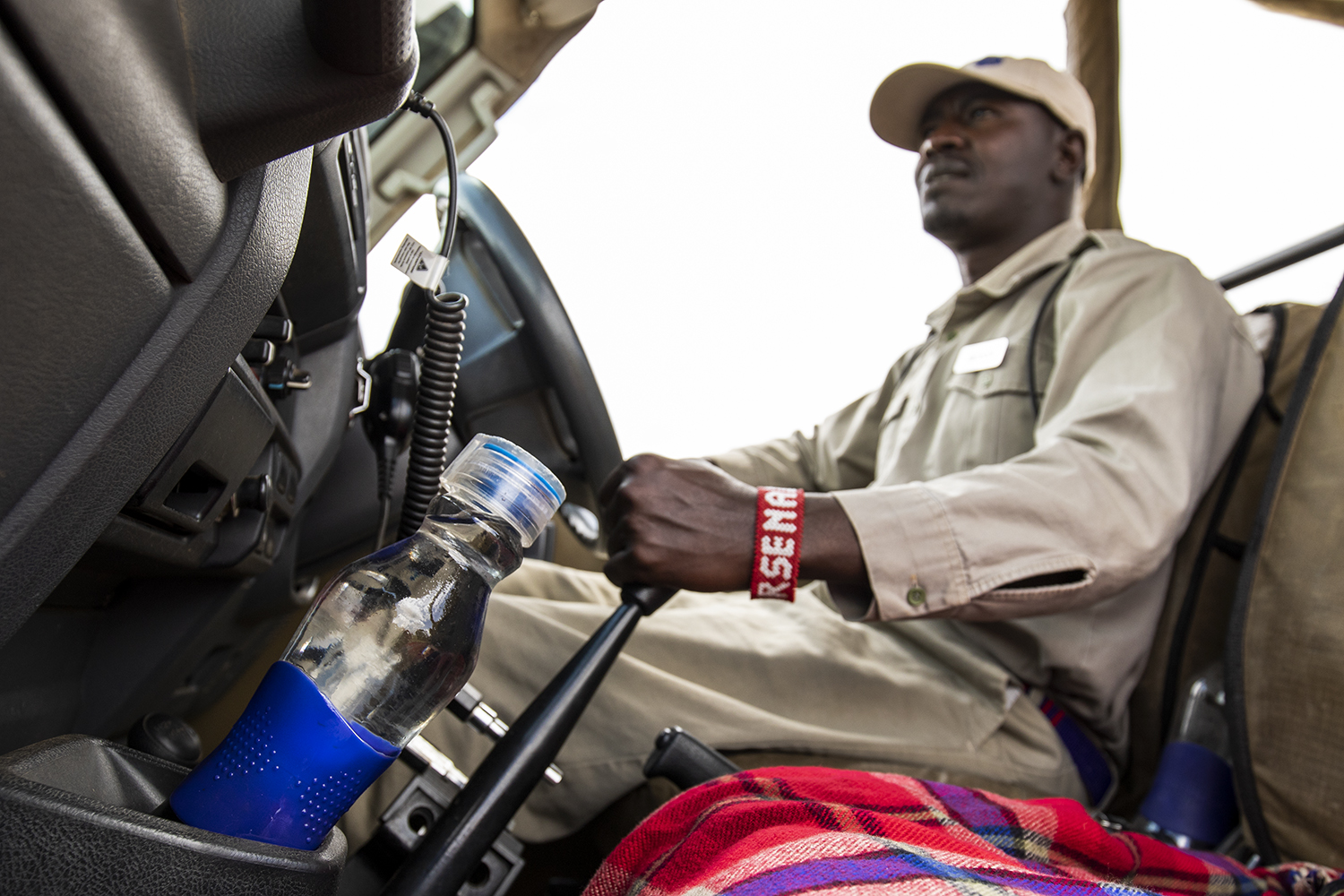
Just imagine what would happen If Everybody Did.
All photographs taken by Jeff Njuguna.
Note from the Editor: We partner with Travel without Plastic headed up by the indefatigable Jo Hendricx who wrote a lovely piece on Angama Mara all the small touches we use in the lodge to sidestep plastic.
TAGGED WITH: Maasai Mara, Angama Team, People, Team, Kenya, Conservation, plastic reduction, environmentally conscious



COMMENTS (1)
Ian Dommisse
August 29, 2018What a tremendous example Angama has set for other members of the tourism industry to follow. A great account Ty – aspirational as always!
REPLY